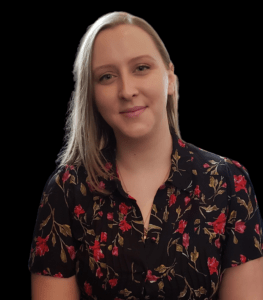Clinical Trials
Although there has been a lot of investment over the years, new treatments to slow disease progression have been disappointing. An important reason for this failure is that the human forms of ALS/MND are more complex and heterogeneous than originally thought.
Most clinical trials have a “treatment arm” and a “placebo arm”. This makes it possible to objectively test whether a drug is working or not. These trials are “double blind” meaning that neither the patient or the treating team know whether the patient is on the treatment or the “dummy drug”. Otherwise we might be biased in how we assess people and come to false conclusions about whether a drug is working or not.
Our Clinical Trial Centres, based at Beaumont Hospital and St. James Hospitals, are recognized as leading clinical trial centres for ALS/MND in Europe. We are regularly approached by pharmaceutical companies, and by colleagues in Europe to participate in exciting new trials.
Each study must first be approved by the Irish Regulatory Authority (HPRA), and by an Ethics Committee. These approvals ensure that the drug we are testing meets stringent safety requirements, and that the clinical trial design is both ethical, and not excessively burdensome to the person with the condition or their family. The HPRA also inspects and audits our clinical trial work regularly – this to ensure that we are acting in accordance with good clinical practice, and that each study is being properly documented.
All trials have specific “inclusion criteria”. This means that not everybody is suitable. The criteria are designed to make sure that we can provide measurements of outcome that will allow us to determine whether a drug is working or not. For example, if the condition is progressing very slowly, it may not be possible to measure change within the time frame of the study, so these people are sometimes excluded from trials.
Some gene therapy trials require that the person has a specific genetic variant (for example, variants in C9orf72, Ataxin 2 or UNC13A genes.) People who do not have these genetic forms are not suitable for these trials.
We, along with our partners in TRICALS (www.tricals.org) are working hard to modify the current inclusion criteria so that we can enrol more people into trials.
We are also designing new clinical trials using drugs that are not of interest to the Pharmaceutical industry -often because they are out of patent.
Our plan is to design studies where the proportion of people on the active treatment is higher than the proportion on the dummy treatment. This is because we are going to run trials of different drugs at the same time ( this is called a Platform Design), and each drug will be tested against another, and against the placebo. This will help us to find better drugs more rapidly.
We estimate that it costs around €18,000 per patient to do these types of Investigator (non–pharma) sponsored trials.
RMN is actively supporting our work with TRICALS to ensure that Irish patients can continue to participate in these studies.
Ongoing Clinical Trials
For Further Information on these Clinical Trials contact Trial Team – 01-8093869
Members of Clinical Trials Team to Contact

Toyosi Atoyebi Clinical Research Nurse/Coordinator (RGN, Grad Dip Clin Trial, MSC) – toyosiatoyebi@rcsi.ie 01-8093869/01-8093874

Niamh Ní Óbáin Clinical Research Manager (BSc, MSc) – niamhniobain@rcsi.ie 01-8093869
FOLLOW US ON TWITTER
LIKE US ON FACEBOOK